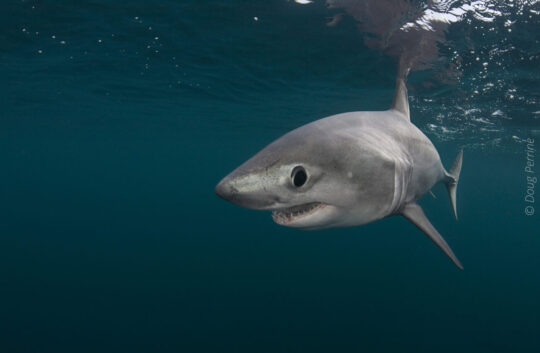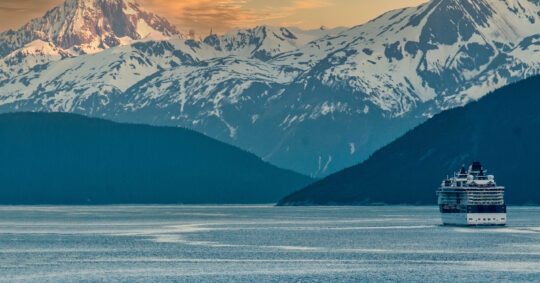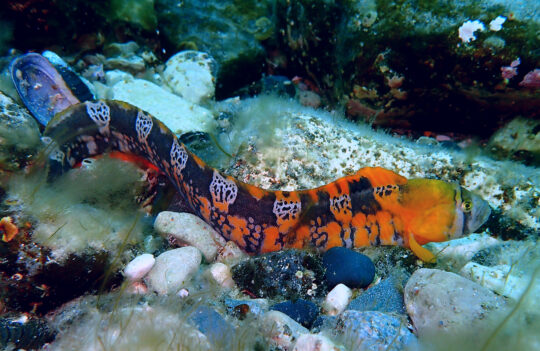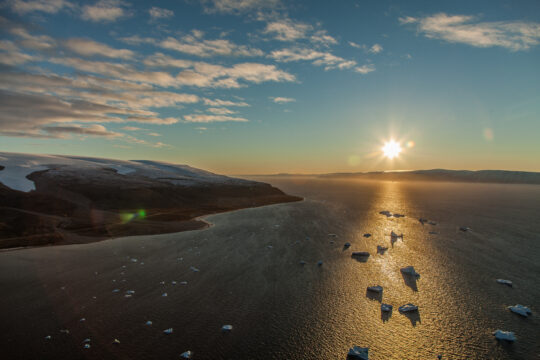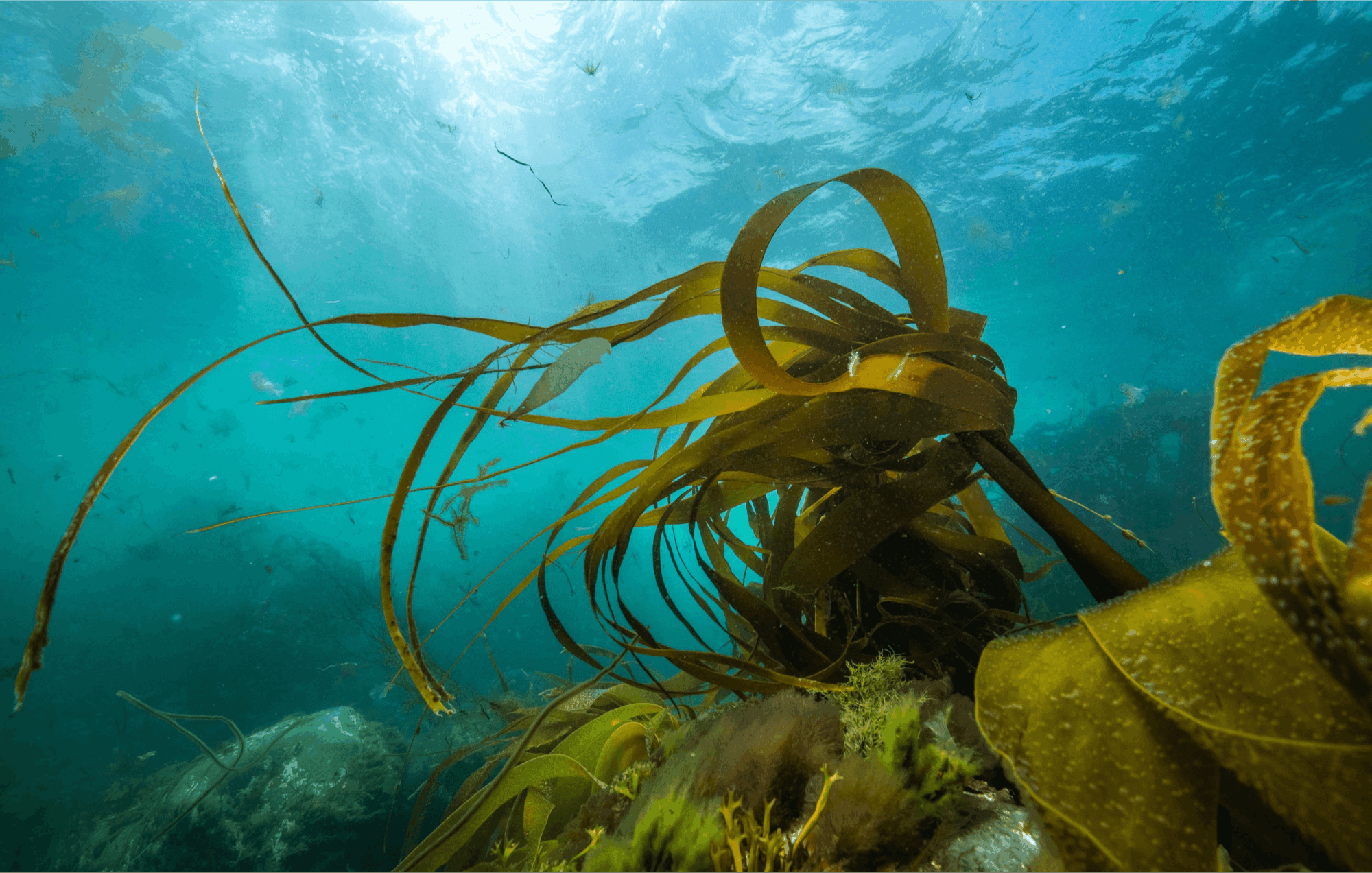
For the Ocean
Our conservation efforts extend across Canada, spanning the world’s longest coastline and into the connected seas and watersheds.
For the Ocean
Our conservation efforts extend across Canada, spanning the world’s longest coastline and into the connected seas and watersheds.
Beyond our borders, Oceans North is at the forefront of efforts to advance protection for the two-thirds of the world’s ocean where the rules are still being made. From a new global treaty covering the High Seas to the overlapping national claims crisscrossing the Arctic, Oceans North is engaged in the issues that will determine how and to what extent our ocean will be protected as we enter a critical time for the planet.
Decisions are only as good as the information and knowledge they’re based on. Science and monitoring are essential to sustain vibrant marine ecosystems and healthy communities and ensure that conservation efforts are effective. Oceans North supports the integration of Indigenous and local knowledge, primary science, and research to inform policy decisions and guide marine management.
Acoustic Monitoring in Eclipse Sound
In the High Arctic, community wellbeing relies heavily on the health and availability of wildlife. For millennia, Inuit in Mittimatalik have harvested and subsisted off of the summering narwhal population in Eclipse Sound. However, recent industrial activity is generating underwater noise at levels and frequencies known to affect narwhal. Oceans North and the Hunters and Trappers Association of Mittimatalik are using hydrophone technology to measure the intensity and frequency of ship noise in the area to better understand its impact on narwhal behaviour and abundance.
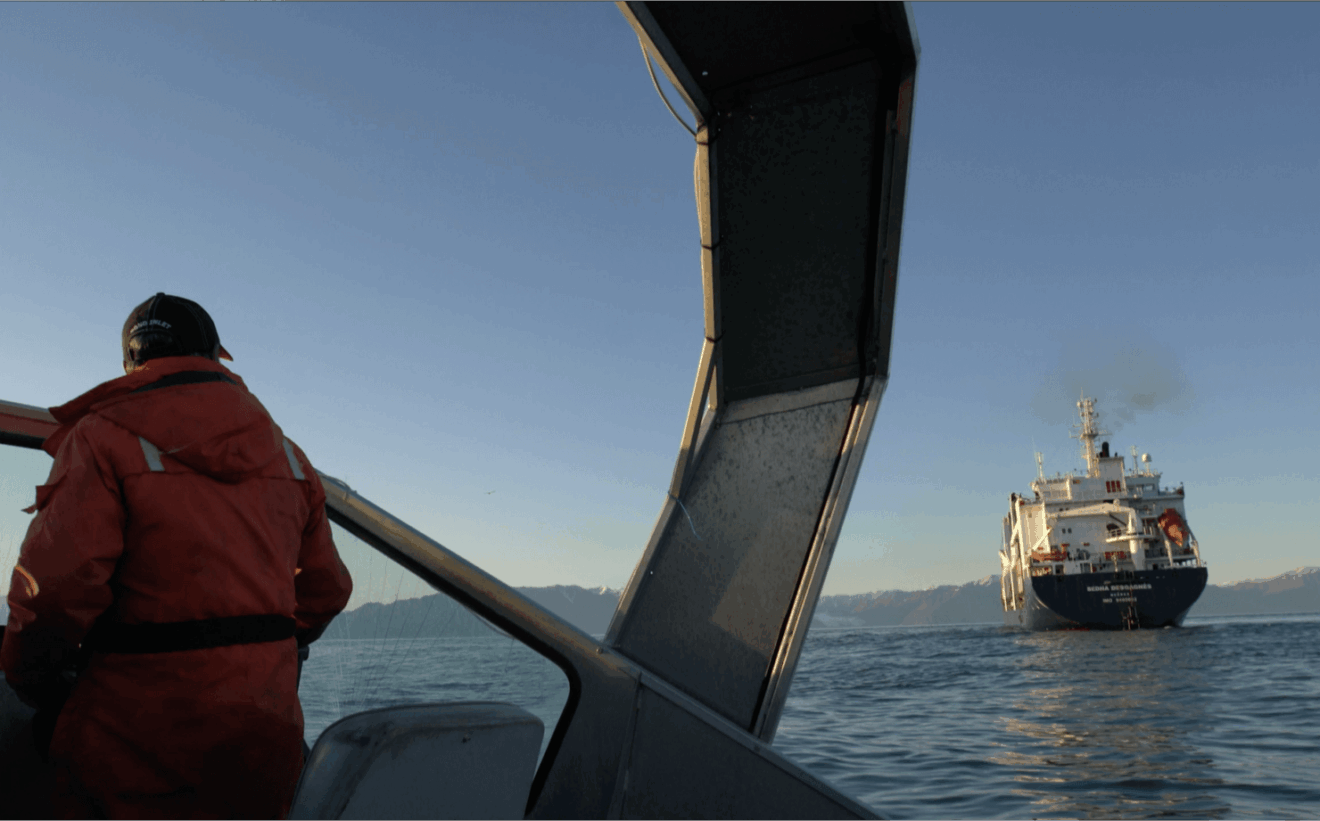
Climate Ready Fisheries
Fisheries are hugely important to our country culturally and economically. In Canada, approximately 72,000 people make their living directly from fishing and related activities, and the country’s commercial marine fisheries were recently valued at $4.6 billion. However, climate change is creating an uncertain future for fish stocks and marine biodiversity.
Oceans North compiles and communicates data and creates recommendations for a model of fisheries management that accounts for climate change and its impacts.
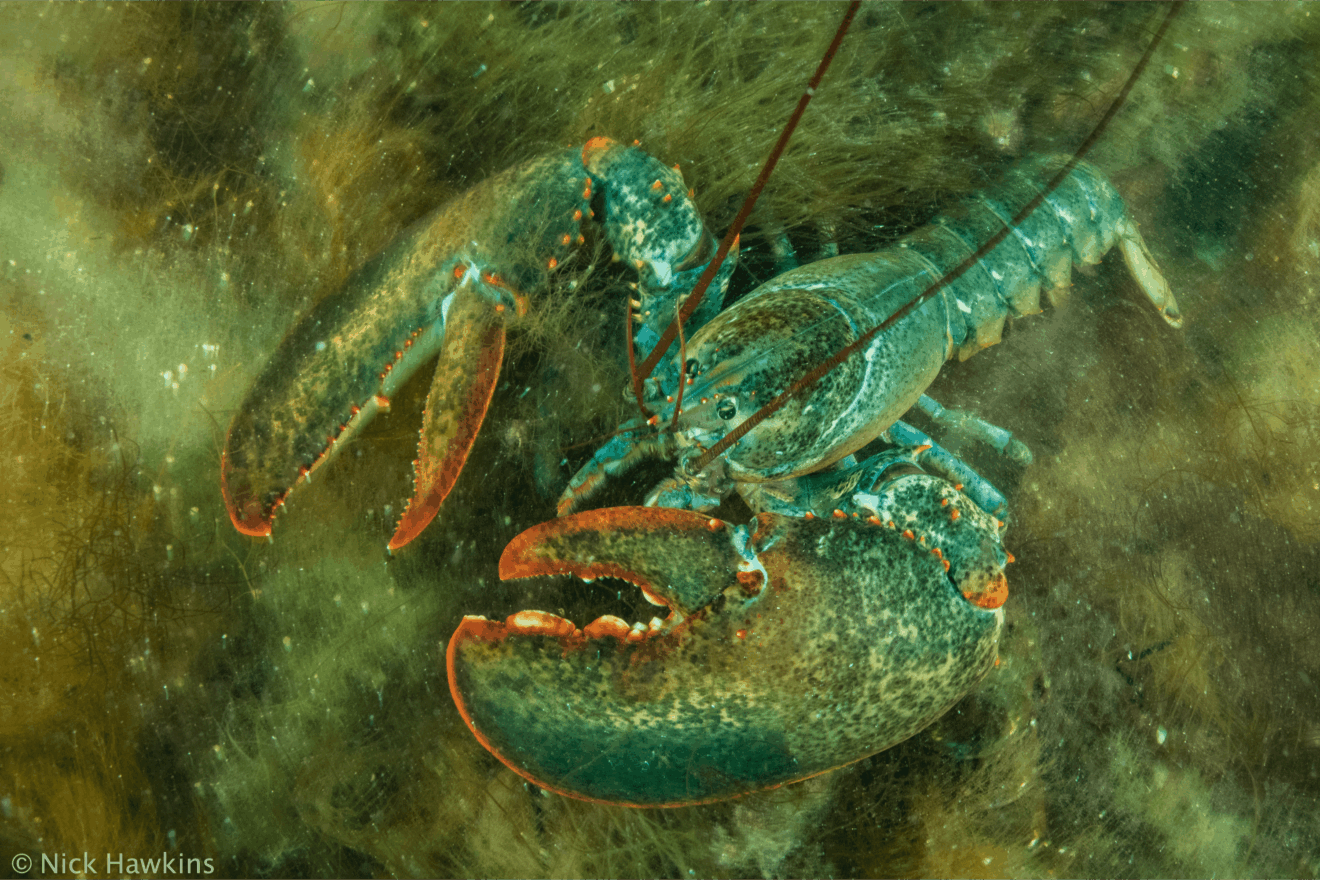
Walrus Monitoring in Salliq
In Northern Hudson Bay, the Atlantic walrus represents a keystone species for the ecosystem and a vital source of food and cultural continuity for Inuit. Despite their massive size, southern science has provided an incomplete picture of where these arctic pinnipeds hang out or “haulout.”
Through the extensive knowledge of Elders and hunters, Indigenous-led monitoring near Salliq (Coral Harbour) has successfully identified these critical haulout sites, updating incomplete scientific maps and enhancing policies to protect walrus in the area.
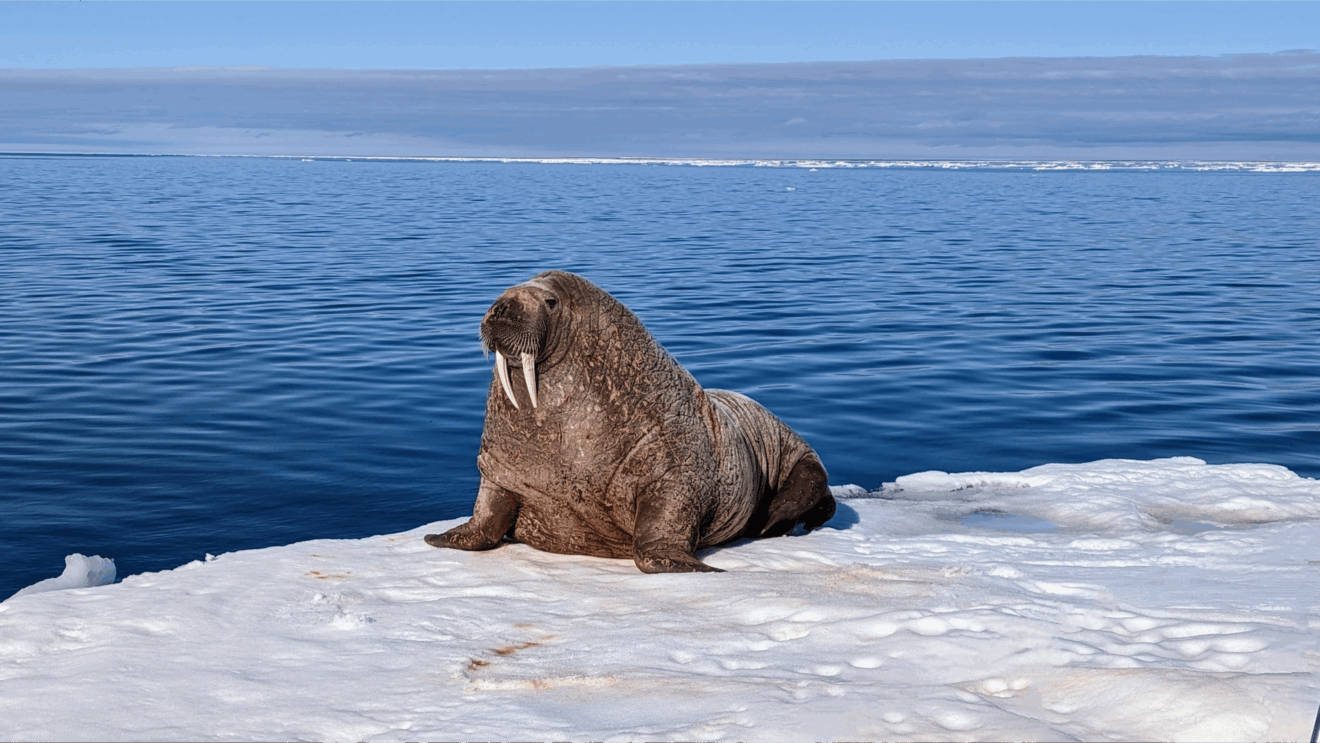
Related Stories
Science & Monitoring
New Project Tracks Increased Shark Sightings in Nunatsiavut
There has been a significant increase in the number of sightings and interactions with sharks in Nunatsiavut waters.
Read More
